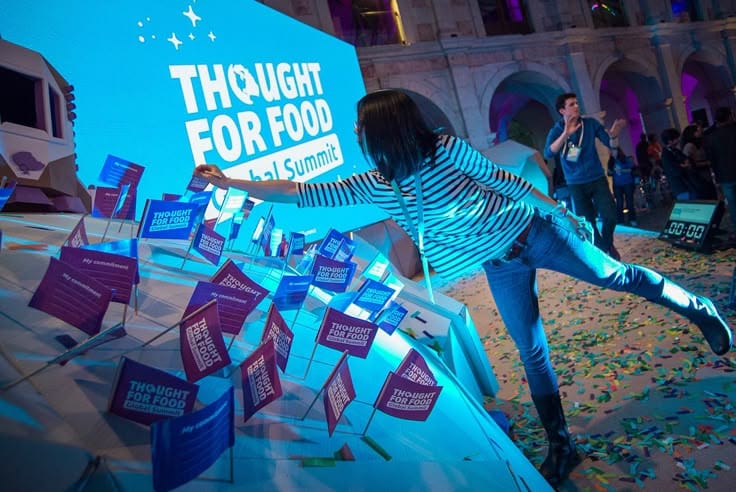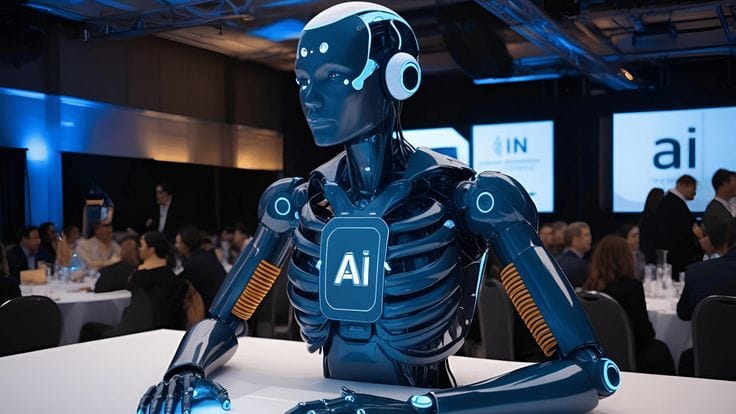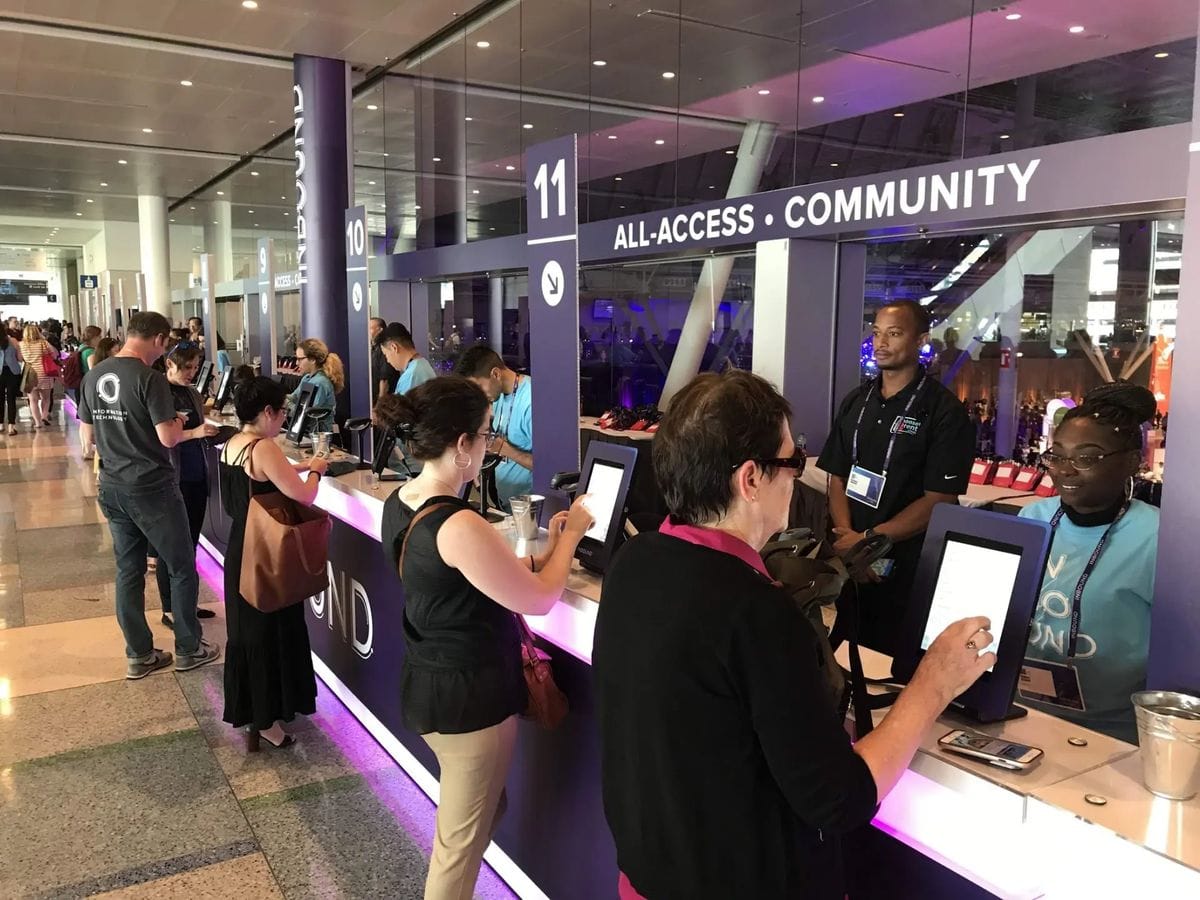The events industry stands at a transformative crossroads. As attendee expectations soar and competition intensifies, event organizers are turning to artificial intelligence to create more meaningful, personalized experiences. AI event personalization is revolutionizing how we think about conferences, trade shows, festivals, and corporate gatherings, moving beyond one-size-fits-all approaches to deliver tailored experiences that resonate with each individual participant.
The Evolution of Event Engagement
Traditional events have long struggled with a fundamental challenge: how to engage diverse audiences with varying interests, expertise levels, and objectives. A tech conference might attract seasoned developers alongside marketing professionals, each seeking different value from their attendance. Until recently, organizers relied on broad programming and hoped for the best, often leaving significant portions of their audience underwhelmed.
Smart attendee engagement powered by AI is changing this paradigm entirely. By analyzing attendee data, behavioral patterns, and real-time interactions, artificial intelligence can predict what each participant wants most from their event experience and deliver it seamlessly.

How AI Event Personalization Works
The foundation of AI-driven event personalization lies in data collection and analysis. Modern event platforms gather information from registration forms, past attendance records, social media profiles, and in-app behaviors. Machine learning algorithms process this data to create detailed attendee profiles that go far beyond basic demographics.
These intelligent systems track how attendees interact with event content, which sessions they attend, how long they stay, and what networking opportunities they pursue. The AI continuously learns and refines its understanding of each participant's preferences, creating increasingly accurate personalization over time.
Automated event experiences then spring into action, delivering customized recommendations for sessions, networking matches, and even dining options. The technology works invisibly in the background, ensuring that personalization feels natural rather than intrusive.
Real-World Applications Transforming Events
Dynamic Session Recommendations: AI analyzes an attendee's professional background, interests, and goals to suggest the most relevant sessions. A marketing professional interested in emerging technologies might receive recommendations for AI marketing workshops while skipping highly technical coding sessions.
Intelligent Networking: Smart algorithms identify potential connections based on complementary skills, shared interests, or business objectives. Instead of random networking, attendees receive targeted introductions to people who could genuinely benefit their professional development.
Personalized Content Delivery: Event apps powered by AI curate content feeds, displaying the most relevant announcements, updates, and resources for each user. This ensures attendees never miss important information while avoiding notification fatigue.
Adaptive Learning Paths: For educational events, AI creates personalized learning journeys that adjust based on attendee comprehension and engagement levels. If someone struggles with advanced concepts, the system might recommend prerequisite sessions or supplementary materials.
Real-Time Experience Optimization: AI monitors crowd flows, session popularity, and attendee satisfaction in real-time, making dynamic adjustments to improve the overall experience. This might include opening additional networking spaces or adjusting presentation formats based on audience engagement.
The Benefits Driving Adoption
Organizations implementing AI event personalization report remarkable improvements in key metrics. Attendee satisfaction scores increase significantly when participants feel their time is valued and their specific needs are addressed. Higher engagement levels translate directly into better return on investment for both organizers and sponsors.
Smart attendee engagement also reduces the overwhelming nature of large events. Instead of feeling lost in a sea of options, participants receive clear, personalized guidance that helps them maximize their experience. This leads to higher retention rates and stronger word-of-mouth marketing.
For event organizers, AI provides unprecedented insights into attendee behavior and preferences. This data proves invaluable for future event planning, sponsor value demonstrations, and continuous improvement initiatives.
Overcoming Implementation Challenges
Despite its promise, AI event personalization faces several challenges. Privacy concerns top the list, as attendees worry about how their data is collected and used. Successful implementations prioritize transparency, clearly communicating data usage policies and providing attendees control over their information.
Technical complexity presents another hurdle. Integrating AI systems with existing event technology requires careful planning and often significant investment. However, the rapid development of user-friendly AI platforms is making implementation more accessible to organizations of all sizes.

Looking Ahead: The Future Landscape
The future of automated event experiences promises even more sophisticated personalization. Emerging technologies like augmented reality and voice interfaces will create new opportunities for tailored interactions. Predictive analytics will become so refined that AI might anticipate attendee needs before they're even consciously aware of them.
As AI event personalization matures, we can expect to see the emergence of truly adaptive events that reshape themselves in real-time based on collective attendee behavior and feedback. The boundary between physical and digital experiences will continue to blur, creating hybrid events that leverage the best of both worlds.
The events industry is embracing a future where every attendee feels like the event was designed specifically for them. Through intelligent automation and thoughtful implementation, AI-powered personalization is transforming events from generic gatherings into powerful, personalized experiences that drive real value for all participants.


